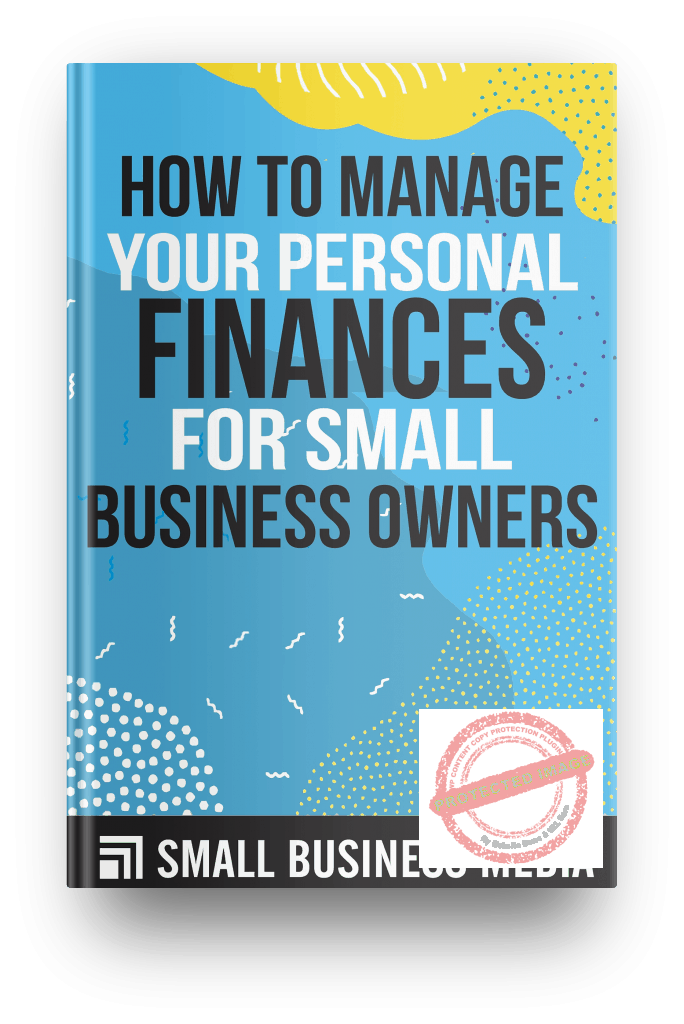Are you curious about how to manage your personal finances as a small business owner? Just keep on reading to find out all you need to know.
Financial planning is an equally universal term that mainly consists of a wide range of different activities.
It has to do with the evaluation of resources and related costs, preparing financial plans, estimating sales revenue, to recognizing current operational costs.
Managing personal finances as small business owners may be a bit challenging especially for first-time entrepreneurs.
However, the good news is that you can learn how to manage your personal finances.
How to Manage Your Personal Finances for Small Business Owners
What is a Budget?
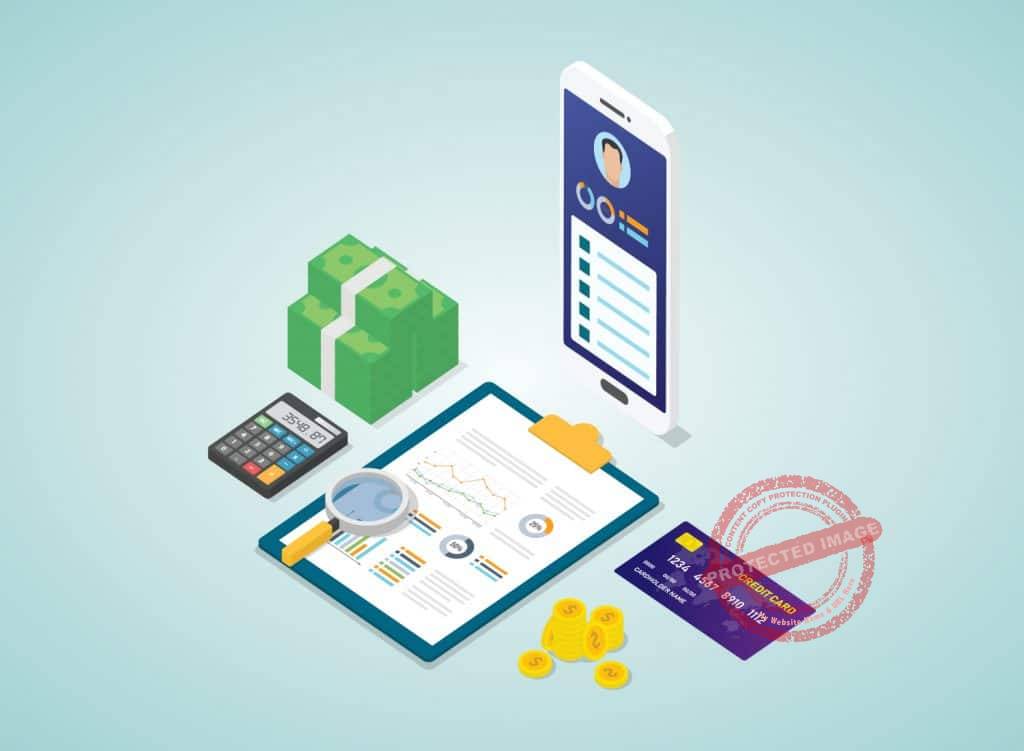
A budget is a very important tool in the management of finances.
A budget is a financial plan for a business specifying income and outflow over a fixed period of time.
The main purpose of setting a budget is to allow you to make a prediction of both income and outflow.
It is also to let business owners know where the money is going and coming from.
In order to prepare for a budget, there are two elements of financial management to take note of.
One is repairing a budget or historic-based budgeting.
This is where you take the finances for the earlier period and modify it for anticipated changes.
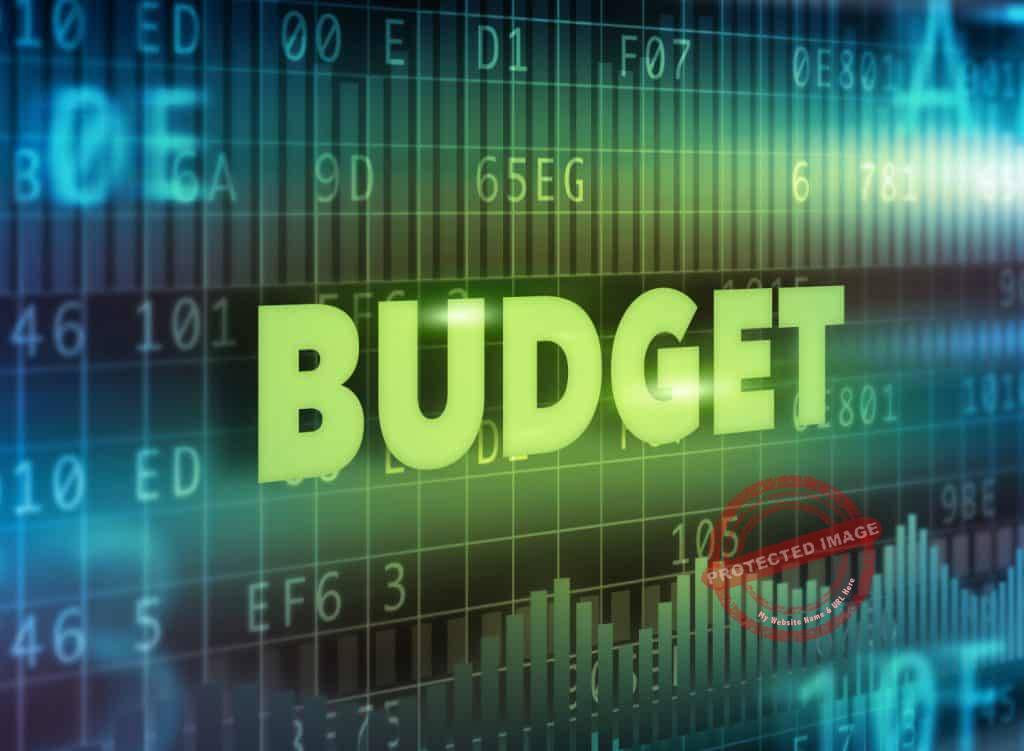
The second one is called zero-based budgeting.
In this kind of budgeting, you prepare the budget from scratch, disregarding the figures from the previous years.
It also requires pushing the budget towards being thoroughly analyzed and justified one by one.
This method is said to be unpopular because it is laborious and is more prone to lapses.
Managing Personal Finances
The following are personal finance tips in managing your personal finances as well as your small business.
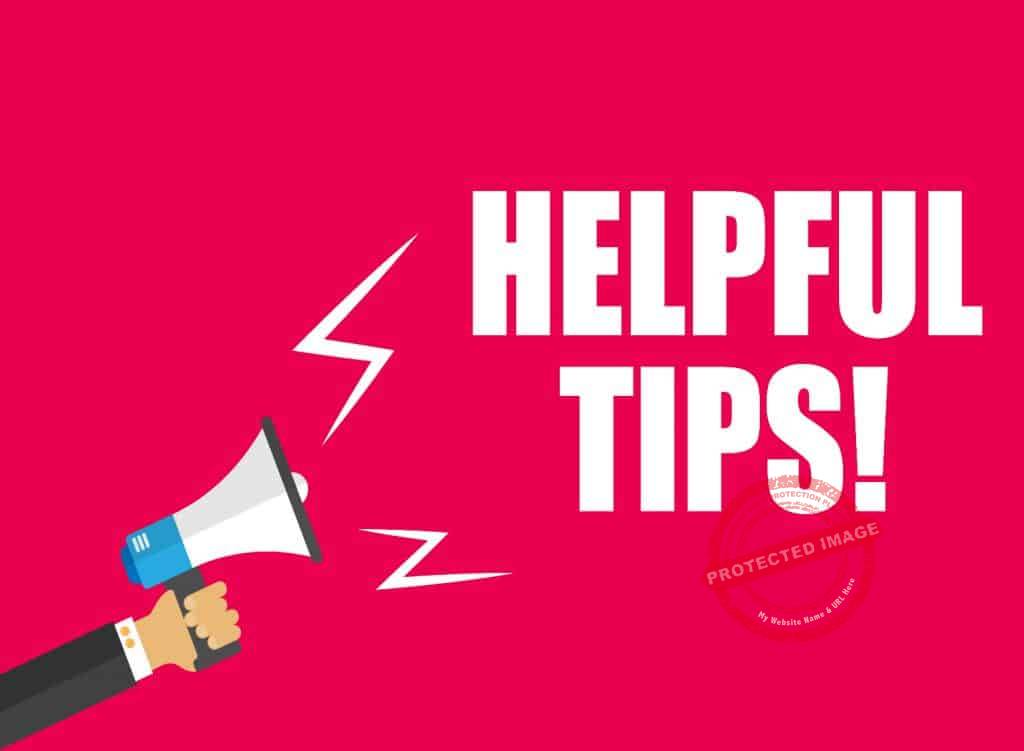
Getting your finances in order makes a lot of sense.
It is time to make an assessment of your financial position and goals.
Hence, ask yourself the following important questions.
Where do you stand when it comes to your savings?
How much have you saved up?
Is the business doing well?
These and other vital questions can aid in shaping your budget plans.
Successful business owners made it big because they have sound financial planning all set.
Smart financial management means that you have looked deeper into the figures that are coming in and out of your account.
It also means that you have already analyzed where you are at the moment and have already figured out your plans.
Here are some useful tips on how to manage your personal finances as a small business owner.
Make an assessment of your current financial position
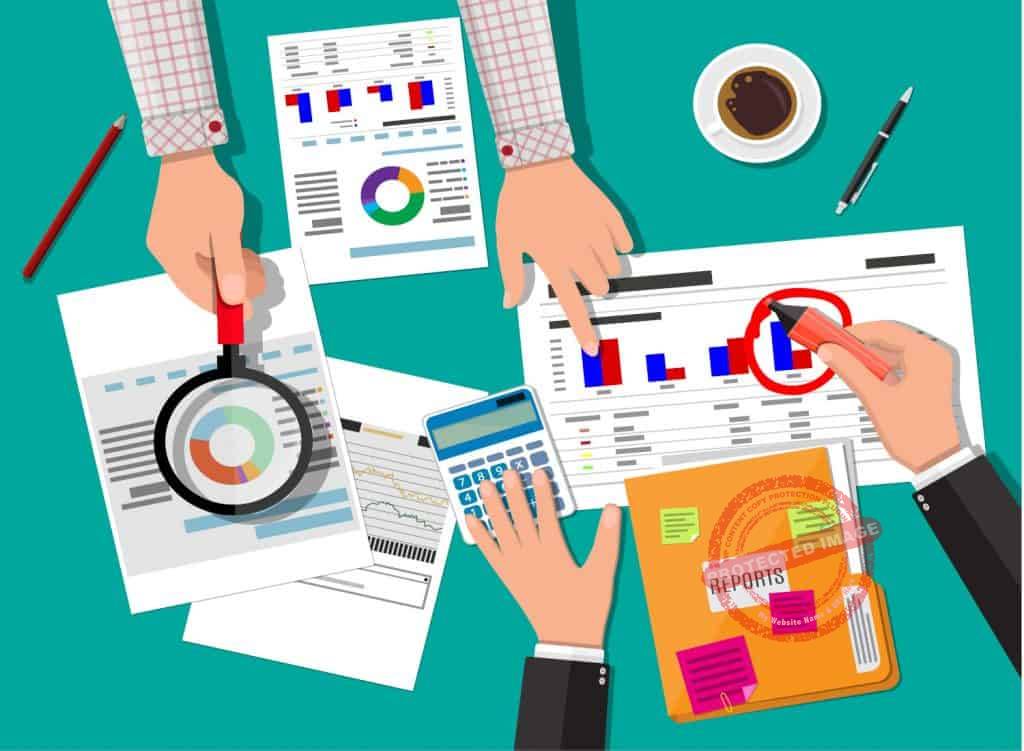
Apply financial management skills by evaluating your financial position.
Begin by calculating your net worth.
This is a term used to describe the difference between your financial liabilities and your financial assets.
Calculate your entire financial assets.
This includes all your mutual funds, bank accounts, stocks, and so on.
After that proceed by subtracting from that, the total of all your liabilities such as your loans, credit cards, and the like.
When you’ve already figured out everything, don’t jump into conclusions right away based on the amount of the resulting figures.
If you’re young, the resulting figures would definitely be quite low unless you earn a lot or you’re really born wealthy.
If not, don’t fret, you’re still starting out on your business venture and you have more years ahead of you.
However, as you approach the age of 40, your net worth should be greater than a year’s worth of gross income.
The key to increasing your net worth is making sure that more money comes in than it goes out.
In order to attain your financial goals either in business or personal life, you need to save at least 10 percent of your gross income.
If you think you need to catch up more on your savings, save 15 percent or more.
Manage your personal finances by planning for the long term

Making long term plans is also very important when it comes to managing your personal finances as a small business owner.
Organizing and managing your finances also means designating certain savings or investment accounts toward specific goals.
You should plan your savings for specific purposes.
If you know that you sometimes don’t have control over your spending and you find it hard to save, you may consider adopting this technique.
It would be a lot harder to take money out of an account designated for a specific purpose, say for your children’s schooling or money that is meant for business only.
If you plan for the long term, you’re also considering saving some for your retirement.
Even if you have a business, it doesn’t guarantee that you will be well off until you retire.
This is the reason why it is important that you also consider retirement.
Retirement is much tougher to plan for than most goals.
This is simply because of all the difficult-to-make assumptions such as life expectancy, inflation, taxes, Social Security benefits, rate of return, among others.
Given this, it is advised that you make use of a good retirement planning program.
You may check out online resources for this one.
These retirement planners can help you change an uncertain dream into a concrete action plan.
Thus, compelling you to get more precise and serious about retirement issues that you may not have thought about, and of course, the importance of saving now.
Goal-specific saving may be challenging for some.
So you have to make tough choices and prioritize your goals.
You alone know what’s important to you.
Improve your business survival likelihoods
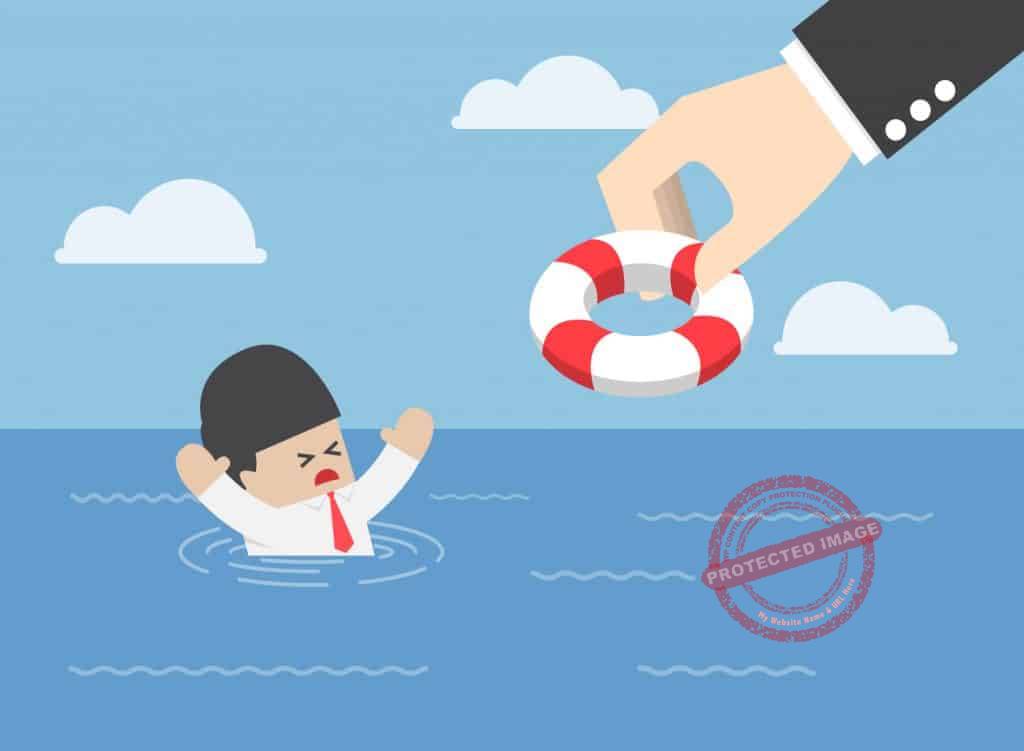
Money is a precious resource and when you just spend it on things that don’t matter, it could destroy you financially.
Not unless you’re born with a silver spoon.
But most people who start small businesses aren’t that affluent, to begin with.
So it is a must that you manage your finances appropriately.
If you are getting your business venture off the ground, you need to manage your money well to ensure that you will succeed.
Furthermore, the financial and emotional stress in running a small business also has effects on family members, especially children and spouses.
Spouses can grow weary all the time because of the money that was put into the business.
Young children can also pick up on the stress, with stressed out and tired parents forgetting their role as parents in their pursuit of success.
Keep in mind, that the success of a business at the expense of your personal and family life can be unrewarding.
Hence, before you commit to launching your small business, consider this short but important list of things to take care of in your household.
- Set aside time to talk about your concerns with the whole family.
- Ask them how they feel about the business.
- Also, ask them if they approve of the business.
- Ask your family about their concerns should you be working late at night and even on the weekend.
- Are they willing to adjust for the sake of the success of the business?
- What role, if any, would they like to play in the new business?
What’s important is that you and your family come into terms with the current financial situation.
The very purpose of financial management is to discuss and assess where you are at the moment.
If your initial discussions with family members show problems that aren’t easy to resolve, it is best to tackle the matter even before you start your new business.
Distinguish good debts from bad debts

Learning about personal finances means knowing your liabilities.
Knowing about your liabilities would also help you manage your personal finances as a small business owner.
Good debts are a total of money that you borrowed meant for a long-term investment that appreciates over time.
This includes small businesses, houses, and education.
On the other hand, bad debts are money that you borrowed for consumer purchase.
This includes your vacations, car, and other luxury things.
These are categorized as bad because they are pricey to carry.
Bad debts become financial problems when your loans such as credit cards exceeded 25 percent of your total earnings for a year.
If this is the case, consider not starting a small business until you have paid off all your consumer debts.
Reduce your debts
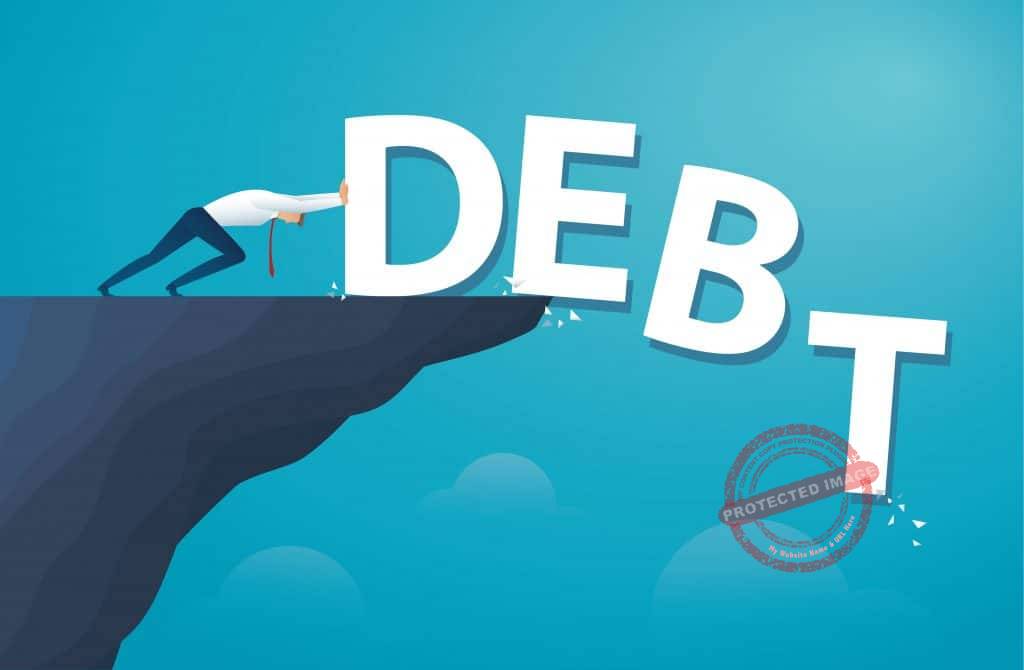
Another effective way of managing your personal finance as a small business owner is to make sure to pay all your debts.
If you have an outstanding bad debt or consumer debt, pay them as soon as you have the money.
If it is necessary to tap into savings just to pay off all your debts then do so.
Most people find this hard to do thinking that they are losing hard-earned money.
Remember, your net worth determines the money that you will have in your account.
Take, for instance, paying off any outstanding credit card balance with an interest rate of 15 percent is like finding an investment with a guaranteed return of 15 percent, tax-free.
However, if you don’t have enough savings to cover up all outstanding debts, make it a point to get out of it one debt at a time.
Dedicate at least 10-15 percent of your earnings in paying these consumer loans as often as you can.
This is where the importance of budgeting comes into the picture.
identify all your expenses such as food, clothing, home, and car among others.
You will most definitely find some expenses that need to be reduced.
This is similar to budgeting and expense management in business.
This leads us to the next tip on how to manage your personal finances as a small business owner.
Reducing your expenses to manage your personal finances
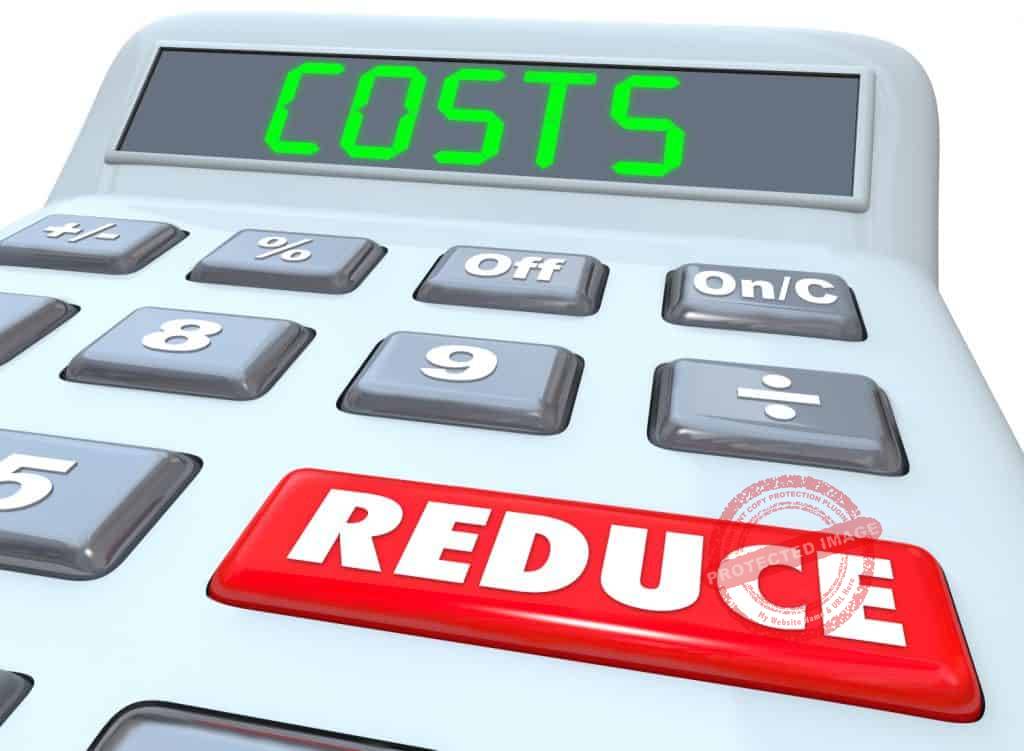
This is a very important aspect to take note of when considering how to manage your personal finances as a small business owner.
As the old dictum goes, “live within your means.”
In other words, do not buy what you cannot afford.
If you think you can live without buying another luxury item then, by all means, do not purchase it.
Do all you can to reduce your expenses.
As a small business owner or a potential business owner, you need to understand that every penny counts.
Determine all your expenses from rent, mortgage, the stipend for staff, and other business expenses.
Your credit card statement, checkbook register, and receipts should help you piece together all the money that you have spent on various things.
If you refuse to question your current spending, you will never really succeed in managing your finances.
Overspending won’t make you feel happy at all.
Yes, that fleeting moment of happiness and excitement was there when you were purchasing that specific thing.
However, that feeling won’t last long.
After you have looked into your account and realized that you have spent too much, you will realize that it’s better to keep the money instead of spending it on unnecessary stuff.
Determine Your Start-Up Cash Needs

If you are able to determine your business start-up cash needs it would help you identify if you have enough personal finances to cover your start-up expenses.
Your start-up cash is the initial cash that you are going to use for your business.
Hence, it does not only consists of one-time start-up costs but also a reserve and a working capital.
Start-up costs usually include one-time expenses such as licenses, legal fees, business permits, furniture and fixtures, inventory, utility and lease deposits.
It also includes improvements like additions or remodels to the office space you rent, signage, and everything else that is needed to open your small business.
Furthermore, working capital is the cash needed to stay open for business.
It consists of everyday expenditures, hiring of staff, inventory, and the overall day-to-day operation of your business until such time that you have a steady and stable cash flow.
There is also the reserve, which is the amount of capital that you will be needing to make up for budget variances.
Manage your Personal Finances by Buying Insurance
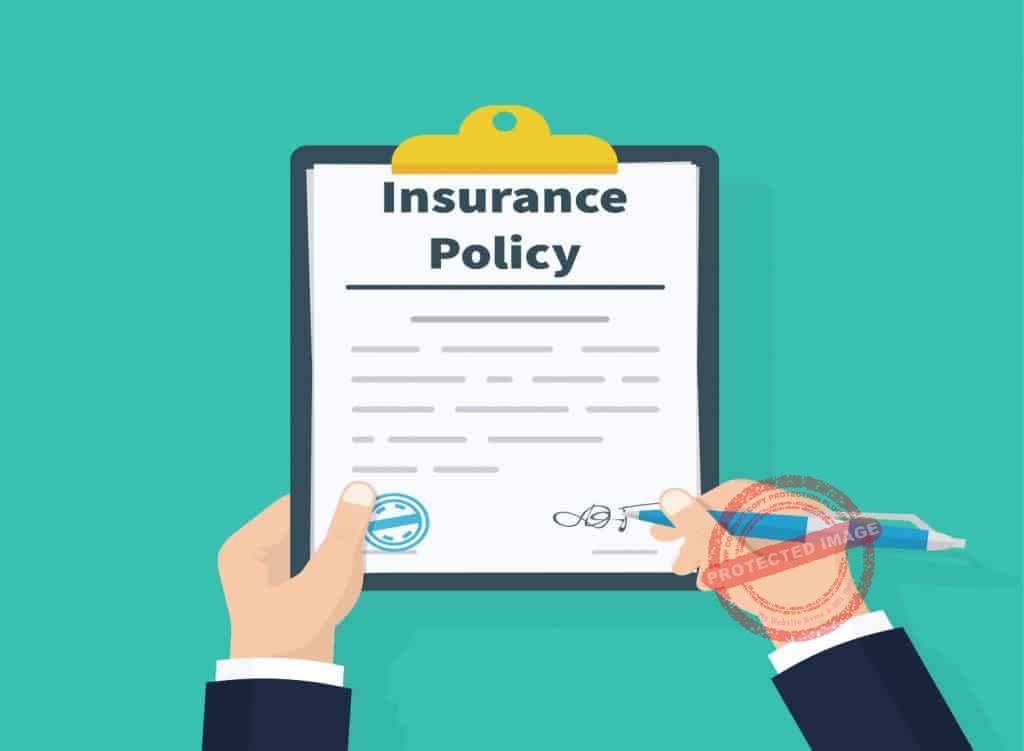
Another point to consider when it comes to how to manage your personal finances as a small business owner is an insurance policy.
Before addressing your long-term financial goals, ensure that you are covered.
Without proper insurance coverage, an accident or an illness could ruin everything that you have started.
Buying insurance is considered to be the most overlooked form of money management tools.
Take, for instance, life insurance.
In the event of an accident or death, you will be able to leave your loved ones with money to sustain them in years.
Also, make sure that your insurance is comprehensive.
For all your insurance policies, go for the highest deductible that you can avail.
This will help you save more on premiums.
Keep in mind also, when buying insurance, always make sure that it covers all the potentially catastrophic damages and not the small stuff.
Build up your cash reserves

Reducing your expenses is considered a means to an end.
And that end is, having the opportunity to save money, especially for the rainy days.
In the early years of your business, note that you are going to stumble upon and experience your share of rainy days.
Your means to continue with a business endeavor would greatly rely, in part, on your present cash.
At the very least, you should have at least 3 to 6 months of living expenses capitalized in an accessible account.
Download the best personal finance apps and budgeting apps online

Financial planning in both business and personal life can be overwhelming.
However, it can be even more overwhelming to get help and find the most suitable money management tool that you can use.
The good news is that there are a lot of apps that will help you with your finances.
Some examples include Mint, which lets users of the app design a budget, receive a free credit score and track billings.
You can also link your bank account to this app as well as your credit cards, billers, and loans among other things.
Another app is YNAB or You Need A Budget that requires users to set a budget goal.
This can be anything like business expense, vacation, or education.
Afterward, you must fund it by linking your savings, checking, debit and credit card, or other personal accounts to it.
There are a lot of financial and budgeting apps out there that you can download and explore.
Choose the one that works best for the kind of lifestyle that you have.
Conclusion on How To Manage Personal Finances For Small Business Owners

Managing your personal finances as a small business owner is very essential.
This is because if you can effectively manage your personal finances, then managing your business finance would be much easier.
Work towards achieving your financial goals and make sure that you are smart doing it.
Keep your focus on getting your finances in control.
However, make sure that as you keep your personal finances on track, you also do the same for your business.
As a small business owner, you need to be careful to stay on top of everything.
You also need to be aware of all the ins and outs of your business.
Poorly managed finances can be quite damaging to a business, regardless of if it is well run.
Hence, keep these useful tips in mind.
Do apply them to start experiencing the benefits of a properly managed finances.
Please also check out our other resourceful content through the links provided in this post.
Click on Buy Now For a PDF Version of This Blog Post
 |
